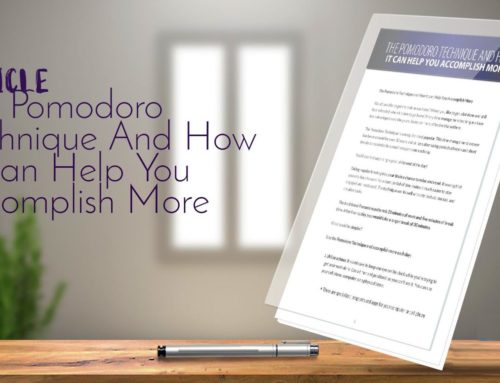What is a Website Security Certificate?
Catherine Maxwell • Optimize • Socialize • Monetize.

A website security certificate is when you change the site from HTTP to HTTPS. The information from any e-commerce and contact forms is then encrypted. This provides a separate layer of security to your site – not only for you, but for your visitors.
How do you get a Website Security Certificate?
 The requirement of a website security certificate has become a hot topic among business owners who want the future of the web to become more secure. It is not just for the good for the internet in general, but it also increases their own company’s visibility and lowers the chances of being penalized.
The requirement of a website security certificate has become a hot topic among business owners who want the future of the web to become more secure. It is not just for the good for the internet in general, but it also increases their own company’s visibility and lowers the chances of being penalized.
There are many aspects of website security. One is the new development of browser warnings coming up with warnings that your website might not be secure. This scares a lot of people away from proceeding further to your website because of warnings that say “proceed at your own risk”. Nothing has changed on your site, but the warnings imply that your site is dangerous in some way.
The major search engines are stepping up efforts to encourage website owners to implement SSL (https) certificates for a site – even if the business is not e-commerce. Google Chrome and Firefox have been showing warnings of an “INSECURE WEBSITE” from October 2017 onward if visitors use one of their login, contact forms, search bars, and so forth. In the future, Google will be blacklisting sites that don’t have an SSL or HTTPS certificate installed.
With the development of a basic https encryption certificate called “Let’s Encrypt” (not appropriate for e-commerce sites) it is easier than ever for us to install an SSL certificate and begin offering HTTPS versions of your sites. Now we offer an “open SSL certificate” using our security services, and a “pay-the-installation-only” certificate for customers who want to solve this issue for good.
To be clear, if you already have an SSL certificate installed which is renewable annually, you do not need this solution. But for sites that have no SSL and just have contact forms – this is the perfect solution.
Check out some other issues to consider for website security here. This article was written by Mark Maunder, Wordfence Founder & CEO.





